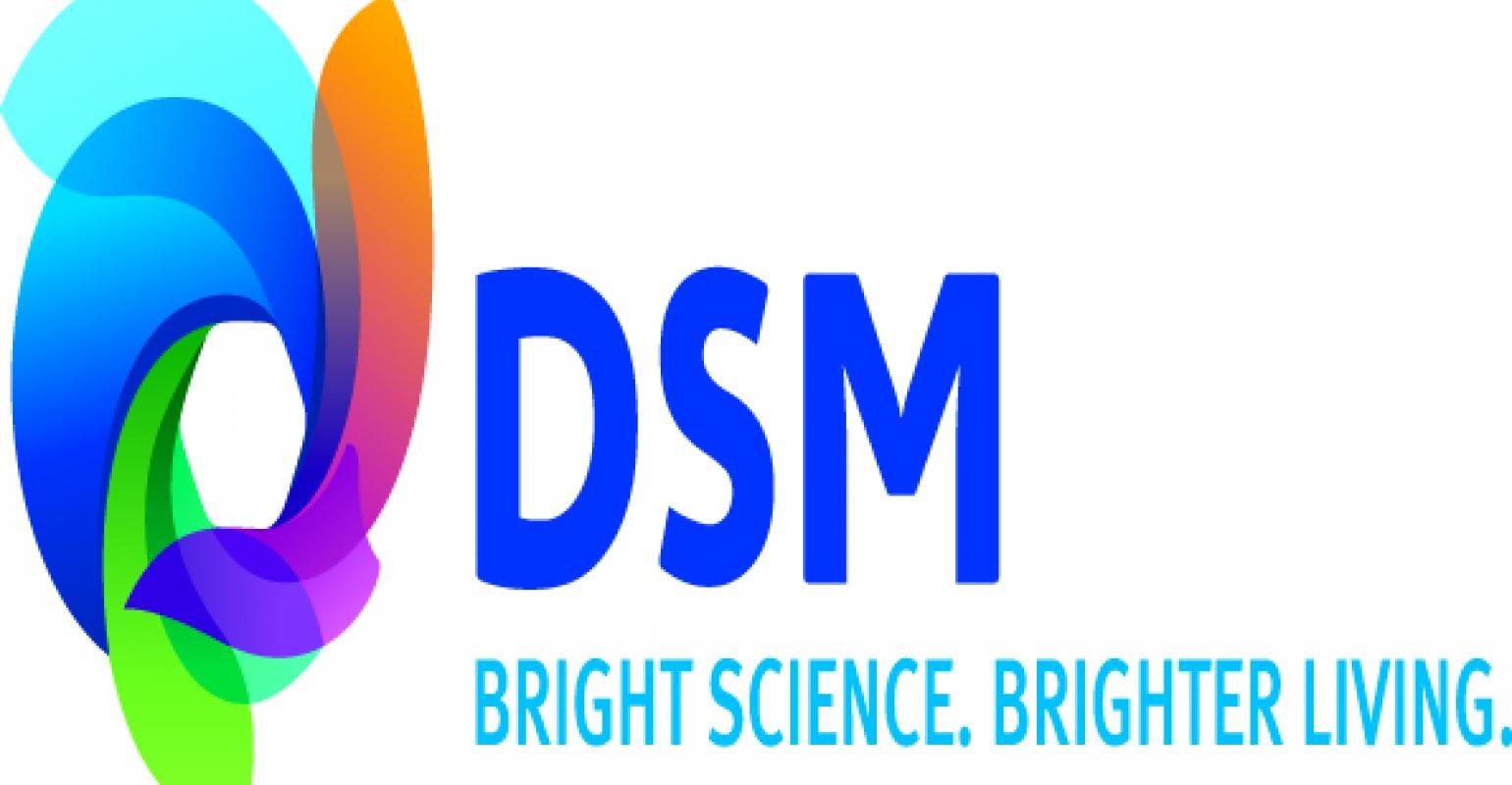Participants can discover new products and services and access detailed information, and also have a direct chat or a call with the exhibitors.
“The resurgence of Covid cases Europe and many other parts of Europe and the consequent travel and meeting restrictions, as well as quarantine requirements, do not allow us to continue our planning for a real “live” meeting. At the same time, the safety and well-being of you, our Members and guests, as well as the quality of our Congress must not be compromised”, said Euroseeds in statement.
Therefore, and anticipating such a negative development, we have already been working over the last months on the possibility to offer a fully-fledged Virtual Congress as an alternative.
We will now implement the respective concept in practice. It will consist of a digital platform that will enable you to experience all the Congress elements you would have found in Malta: exhibition, trade, crop-specific Section meetings, and -last but not least- networking with friends and colleagues, it said.
You will be able to assist to the crop-specific Section meetings and interact with the speakers, other Members and the Euroseeds Team
You may wander through the exhibition hall, discover new products and services and access detailed information, and also have a direct chat or a call with the exhibitors
You can visit the trade area with reserved trade tables and organize meetings with the companies and their representatives to discuss business opportunities and collaborations
You will find an open networking forum that will allow you to be seen and to interact with other registered participants outside of fixed meeting schedules
In these difficult times, we want to make sure you have the opportunity to take part in a full-scale Virtual Congress that offers you (almost) the same as an on-site Congress. We know how important it is for you to meet your peers and conduct your business in the best way possible.
Of course, all this cannot make up for the atmosphere and experience of a “real” on-site Congress; but we will do our utmost to provide you with all the information, services and support you may find useful in this challenging situation.
Registration for the Euroseeds2020 Virtual Congress
You may register to participate in the Virtual Congress using the respective registration form on the Congress website. Please note that we have decided to significantly lower the registration fees for all participants, virtual trade tables and exhibitors. Furthermore, there won’t be any increase in the registration fee for late registrations.
Participants can discover new products














